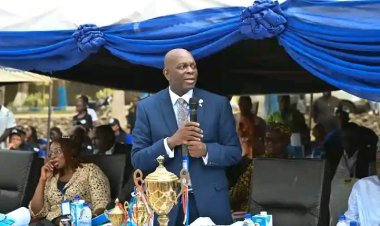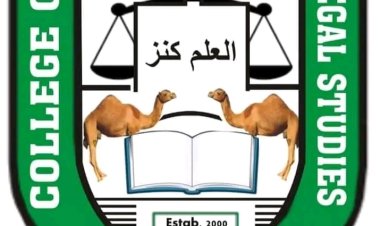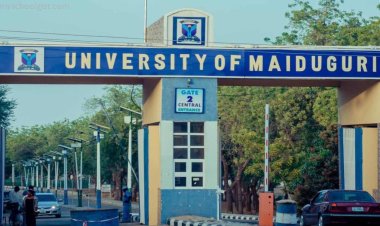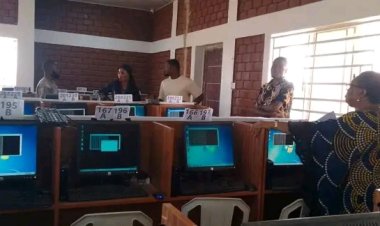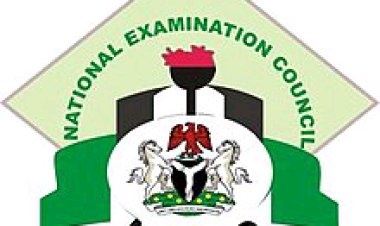UNICEF Distributes Solar-Powered Radios to Tackle Crisis, Says 18.3 million Out-of-School Children in Nigeria
UNICEF delivered 2,760 solar-powered radio sets to the Katsina State Universal Basic Education Board (SUBEB). These radios are specifically aimed at aiding students in communities located in security frontline areas, enabling them to continue their studies remotely.
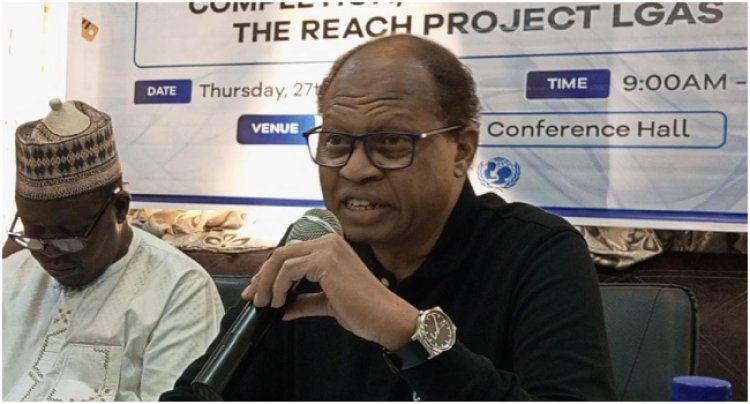
Rahama Farah, Chief of Field at the UNICEF Field Office in Kano, has raised alarm over Nigeria's education crisis, revealing that one in three children in the country is currently out of school. This dire statistic translates to approximately 10.2 million primary school-age children and 8.1 million junior secondary school-age children who lack access to education.
RECOMMENDED: Scholar Achieves Second Degree, Graduates with First Class in Law as Best Graduating Student
In response to this pressing issue, the United Nations International Children’s Emergency Fund (UNICEF) has launched a strategic initiative. Recently, UNICEF delivered 2,760 solar-powered radio sets to the Katsina State Universal Basic Education Board (SUBEB). These radios are specifically aimed at aiding students in communities located in security frontline areas, enabling them to continue their studies remotely.
The official handover ceremony of the solar-powered radios took place at the Katsina SUBEB office. During the event, officials underscored the critical importance of ensuring educational continuity, especially under challenging circumstances. The distribution of these radios is expected to provide students with access to essential educational content, thus mitigating the impact of the increasing number of out-of-school children.
SUGGESTED: Top 11 Private Secondary Schools in Nigeria, Setting Standards for Academic Achievement
Speaking at a Media Dialogue on Retention, Transition, and Completion (RTC) and Re-entry Guidelines for Adolescent Girls in the State, Rahama Farah emphasized the urgent need to address Nigeria's education crisis comprehensively.

 Zita Ezechi
Zita Ezechi 